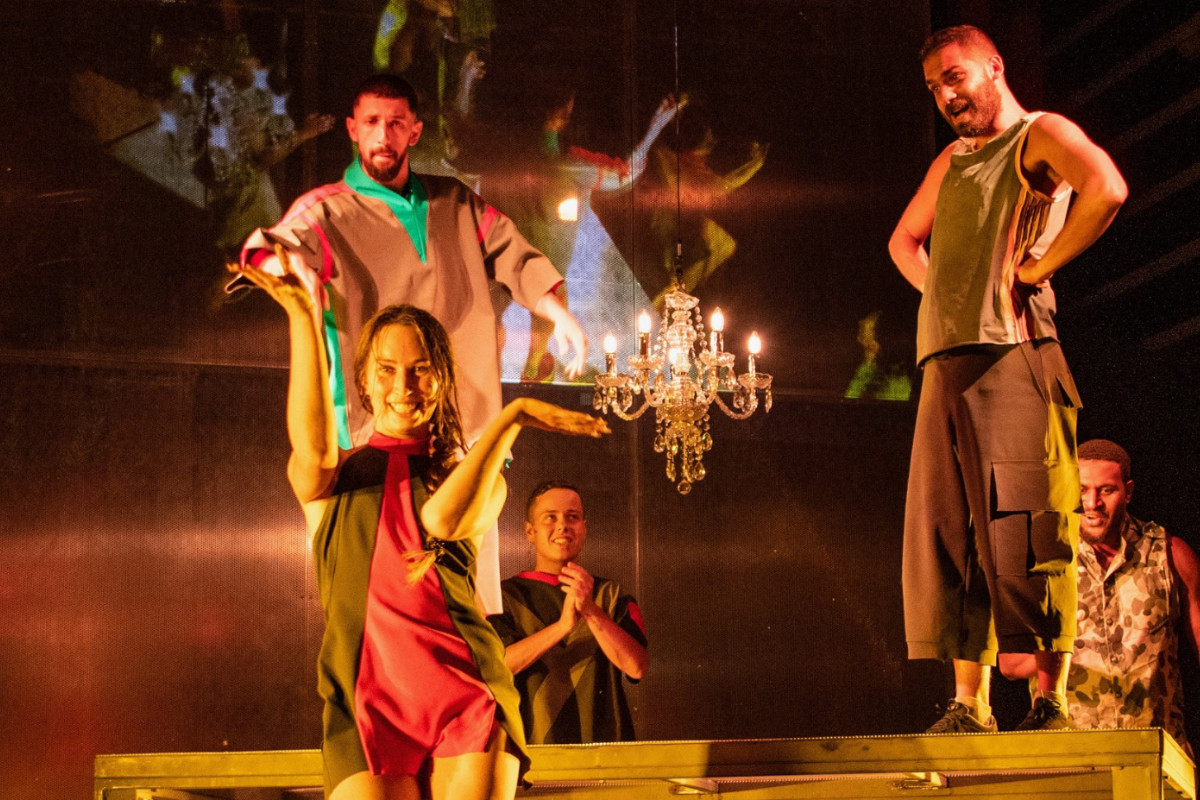
When Elon Musk took his first steps toward taking control of Twitter in April 2022, journalists noted some of the concerning implications of his self-avowed status as a “free speech absolutist,” but otherwise treated him as a serious candidate for the job.
After all, the billionaire tech entrepreneur’s combination of extreme wealth, extraordinary self-belief and mercurial individualism is entirely consistent with the myth of the technological sublime – the quasi-spiritual aura surrounding new technological developments and the superhuman characteristics of their inventors. Remember, this is the man who spun up South Australia’s ‘big battery’ on the strength of a Twitter bet with fellow tech entrepreneur Mike Cannon-Brookes.
But, as Nancy Baym and I argue in our book Twitter – A Biography (NYU Press, 2020), Twitter has always been much more than a technology company. It is experienced as a cultural space and as a community by its users; and its users have helped to build it.
In very practical terms, Twitter’s most distinctive features — including hashtags, retweets, and conversations — originated with the “early adopter” community, as they found ways to connect, organise, and give form to the relationships and norms that they were embedding in the platform’s culture.
Later, the quest for growth and engagement driven by an advertising-dependent business model saw those features distorted as they were turned into metrics. Along the way, Twitter came to have an outsized influence on the knowledge professions (including both journalism and academia) and on popular culture (#blacklivesmatter and #metoo were made possible by Twitter to a significant extent).
With the rise of the ‘alt right’ from the 2010s onward, Twitter debates became highly consequential but often toxic sites of encounter.
From community to chaos
Throughout this history, the company first mostly ignored, then faced and dealt with significant challenges around hate speech and harassment, as well as deliberate misinformation and political interference. Citing his role in inciting the January 6 Capitol Riots, in 2021 Twitter banned former U.S. President Donald Trump from the platform.
Back in April, I was quoted as saying that a Twitter substantially controlled by Musk would be “a Twitter in chaos mode.” Unfortunately, I was more than right about that.
Since the takeover, Musk has summarily fired well over 50% of Twitter staff, closing branch offices around the world, and gutting the teams responsible for user safety and content moderation. Content moderation policies designed to prevent the spread of misinformation and conspiracy theories have been removed.
Twitter transformed
Musk has reinstated Donald Trump’s account as well as announcing a “general amnesty” for previously banned accounts (many of them kicked off the service for promoting violence or engaging in white supremacist hate speech) — including, last week, the editor of the Neo-Nazi website The Daily Stormer Andrew Anglin. Far-right voices and internet trolls have clearly been empowered as a result, in part fuelled by Musk’s own tweeting of far-right memes.
Unsurprisingly, advertisers fearing for “brand safety” have left in droves; Apple may yet remove the Twitter app from its App Store. (For more detail than I have room for here about the rapid disintegration of the company’s culture, see twitterisgoingreat.com).
If nothing else, Musk’s takeover of the company is proving to be a critical incident for the media environment more broadly: an acute moment of transformation that has revealed much about the workings of the companies, platforms, and infrastructures we have come to rely on, and one that is presenting us with a number of alternative future paths.
On the economic and regulatory side of things, Musk’s authoritarian management style and reckless platform governance decisions look set to test the power of state-based regulation — as well as potentially challenging the authority of Apple and Google’s app stores.
Meanwhile, while reeling from the many shocks of the past two months, Twitter users have been grieving, mourning, and celebrating the culture and community that Twitter has afforded them.
A sign of the times
People are leaving or going silent en masse. Microsoft-owned LinkedIn looks set to benefit from the exodus of reputation-sensitive users who mainly used Twitter for professional networking and self-promotion.
Some of us are exploring community-led, non-commercial alternatives, like the federated social media ecosystem (often referred to as the “Fediverse”) and the open-source Mastodon project. First developed and populated by progressive (especially trans and queer), mostly white technologists, Mastodon has experienced intense growth as millions of Twitter users have migrated across, bringing different expectations, politics, and habits with them. As this happens, platform cultures and politics are colliding, competing, and re-emerging in real time.
Not everyone thinks we should be jumping ship at all. In particular, Black American and Indigenous Australian intellectuals, artists and community members have exploited Twitter’s affordances to build and share capacity for activism, joy and celebration — and these cultures can’t simply be reproduced elsewhere.
By contrast, the idea of an escape from Twitter to a safe or peaceful online space might be a fantasy of the privileged —a form of “digital white flight,” or so the argument goes.
What comes next?
Musk’s purchase of Twitter could well be a sign that social media is coming to an end. Or, it might have already set us on the long-awaited journey from proprietary platforms to a public interest internet, built with equality and justice in mind from the ground up.
If the early history of Twitter tells us anything, it’s that there’s plenty we ordinary ‘users’ can do, and what we do next will matter.



